Why aren’t libertarians talking about Ferguson?
The Washington Post
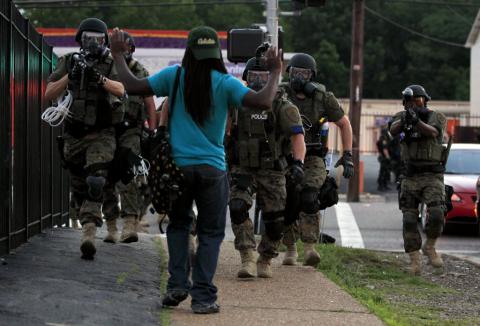
The foundation of libertarianism is skepticism toward government and a belief in individual freedom. There aren’t many freedoms more fundamental than the freedom to walk to your grandmother’s apartment, as Brown was doing, without getting shot by a representative of the government.





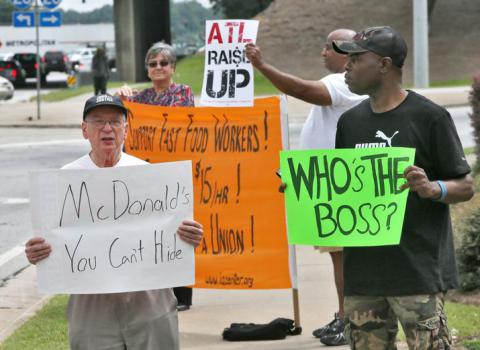
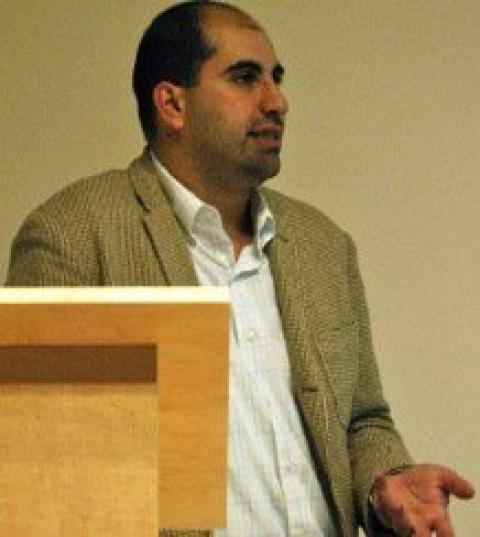

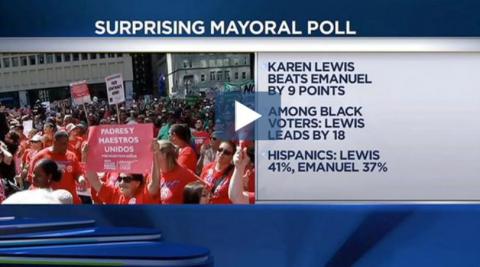
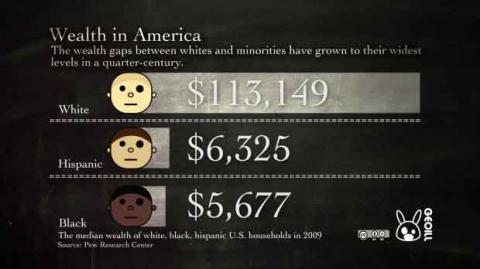
Spread the word